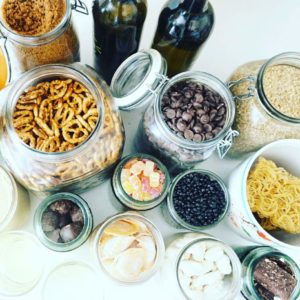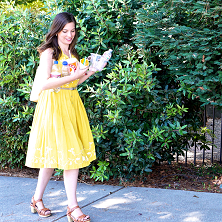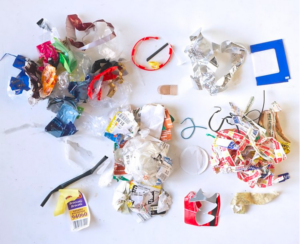Five hundred millions straws a day, a million plastic bottles a minute: the quantity of waste produced by contemporary society has been increasing exponentially, threatening the balance of our ecosystem. The phenomenon is mainly caused by ill-informed behaviours adopted by most people.

This is the starting assumption on which the Zero Waste philosophy is based, as theorized by Paul Connett, professor at St. Lawrence University in Canton (NY, US). The scientist has promoted an alternative strategy to prevent any useless waste: generating a cyclic productive mechanism using waste as raw material.
Starting from this idea, scientists and researchers have taken the Zero Waste route. In his book “Garbology: Our Dirty Love Affair with Trash”, Edward Humes narrates the life of Bea Johnson, promoter of this philosophy. He talks about ways to reduce waste to a minimum and the most healthy and sustainable habits each of us should develop.
The movement advocates a new consumption model discouraging the purchase of packaged products and unnecessary goods, reusing waste, composting wastes, and recycling.

But let’s go back to Kathryn Kellogg, a 25-year-old from San Francisco, who has recently started a blog in which she shares her Zero Waste experience. For two years, she collected her non-recyclable waste in a little jar: she periodically documented each item of waste, achieving a surprising result. After 24 months, she had only collected a few bottle tops and stickers from fruit and vegetables products.
Struck by the quantity of waste dumped on Californian beaches, the young blogger decided to change her habits and undertake a minimalist life style: with a few adjustments she considerably reduced her waste, buying fresh rather than packaged food and making soaps and deodorants herself, using natural ingredients. In her blog, she doesn’t only promote an environmentally friendly regime, but also encourages readers to make more sustainable choices; on her website you can find more or less complex “challenges” articulated in simple steps.

Kathryn stresses the fact the you don’t need to become obsessed to reduce your waste to zero: each change requires a healthy balance. In fact, the idealistic objective of Zero Waste scales itself down to Less Waste: we simply have to limit the use of packaging and the purchase of packaged products, and carry with us our own reusable containers to avoid disposables.
The American blogger is not the only one representing this philosophy around the world: in Italy, Zero Waste Italy promotes more sustainable practices at a national level. On the organization’s website, citizens can find the ten steps to zero waste. Capannori, a town in Tuscany, was the first to receive the Goldman Prize in 2013, a sort of Nobel Prize for the environment.

Trush collected in two years
The movement “Rete Zero Waste”, created by a group of Italian women, has also published, on the homepage of its website, a letter addressed to the new Minister for the Environment Sergio Costa, asking for an awareness-raising campaign inviting citizens to acquire a more sustainable life style: objective “Zero Waste”, a small step in the battle against waste, a big step for the safeguard of our planet.

